Supportive Listeners
While patients are in the ICU, their families are often overwhelmed by the acute, surreal situation of NORSE. Having someone to talk with who knows the experience of waiting for the uncertain outcome of NORSE can be helpful.
Listeners are matched to family members asking for a sympathetic ear. Listeners do not offer medical advice, simply the willingness to listen while the family members vent their anguish and repeat the details of the illness. Finding the words to tell their story helps the family to process the seemingly unreal situation of NORSE.
Families can request a listener on the contact page.
Partner Resources
People who want to learn more about the coma that every NORSE/FIRES patient has experienced, the Neurocritical Care Society has a Curing Coma program with educational materials on what a coma is, how it is evaluated and resources.
https://www.curingcoma.org/curing.../education/patientssoand
DOCTORS OFTEN CANNOT PREDICT OUTCOMES FOR NORSE PATIENTS.
In other words, doctors often don't know for sure what will happen in the case of a particular patient. While it is painful to consider bad outcomes, it is helpful in the long run to have a continuous dialogue with the doctors to prepare for the outcomes that are most likely. After NORSE patients are discharged from the hospital, many will need significant rehabilitation, usually in a rehabilitation facility. The hospital social worker can identify the best rehabilitation facility for the patient.
MEDICAL & REHABILITATION BILLS
The medical and rehabilitation expenses for NORSE can be staggering. There is help to sort through the process of medical coverage and bill payment. Before leaving the hospital, speak with the hospital social worker who can help you identify programs to help pay for medical and rehabilitation bills. Programs may be specific to the hospital, the state in which the patient was hospitalized, and the state in which the patient resides. In particular, families should know that NORSE patients may be eligible for acquired brain injury (ABI) programs and benefits. A formal diagnosis of ABI may be needed to be eligible for these programs.
MEDICAID WAIVER PROGRAMS
Waiver programs can provide additional or primary insurance coverage as well as access to home-based services through Medicaid that the patient ordinarily would not qualify for due to income restrictions. These waiver programs, specifically those that cover acquired brain injuries, would "waive" the income restrictions depending on the patient's needs and diagnosis. The administration of this federal program varies from state to state. Search "TBI/ABI medicaid waiver programs in (your state.)" An overview of acquired brain injury waiver programs and other long-term care supports are available here:
This is a state-by-state guide for insurance and waiver support. Many thanks to the Angelman Syndrome Foundation that created and share this resource.
Federal website contains links to state and federal programs that may help pay for medical and prescription bills. Includes links to Social Security and Medicare, Medicaid, Veterans and Eldercare.
Most medical bill paying assistance will come from the state and federal government programs. There are some private foundation grants that may cover some medical expenses as well.
COMMUNICATING WITH DOCTORS AND MAKING DECISIONS ABOUT PALLIATIVE OR COMFORT CARE
Here are some sample questions to help guide these difficult decisions.
NORSE requires urgent, specialized neurological care. The Critical Care EEG Monitoring Research Consortium is comprised of members with this medical expertise and who are affiliated with medical centers that have the comprehensive monitoring technology required. A prospective, observational study of NORSE patients is being conducted by participating members of this consortium and other medical centers. Although this list of epileptologists and medical centers does not represent a complete list of doctors and facilities that can effectively treat NORSE, it is one place to start a search.





